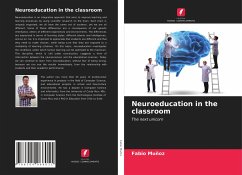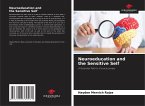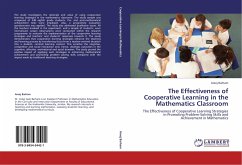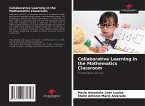Neuroeducation is an integrative approach that aims to improve teaching and learning processes by using scientific research on the brain. Each brain is uniquely organized, we all have the same set of systems, yet we are all different. Some of these differences are a consequence of our genetic inheritance, others of different experiences and environments. The differences are expressed in terms of learning styles, different talents and intelligences, and so on. So, it is important to appreciate that students are different and that they need to make choices, while being sure that they are exposed to a multiplicity of learning schemes. On this basis, neuroeducation investigates the conditions under which human learning can be optimized to the maximum. This discipline, which is still under construction, suggests a form of intersection between the neurosciences and the educational sciences. Today we can continue to learn from neuroeducation, without fear of being wrong, because we can see the results immediately, from the relationship with students and their academic performance.
Bitte wählen Sie Ihr Anliegen aus.
Rechnungen
Retourenschein anfordern
Bestellstatus
Storno








